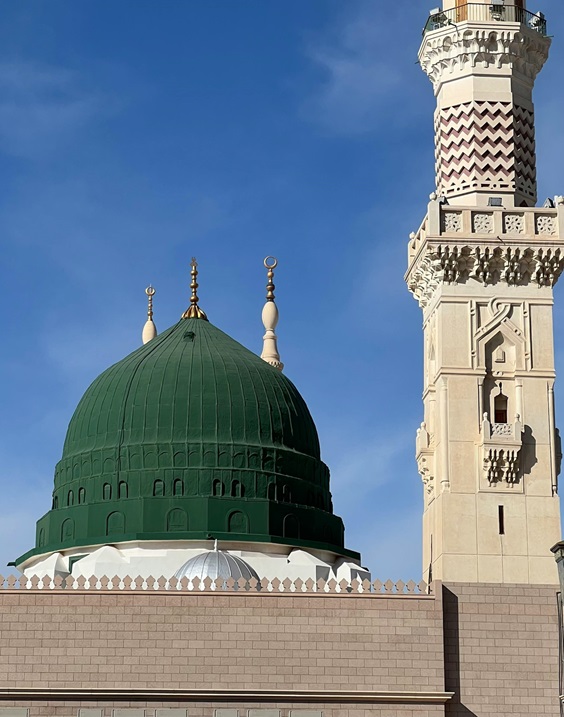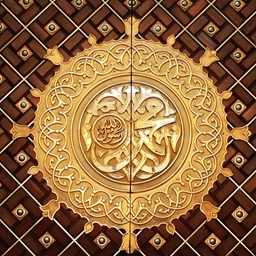- connect@prophetforall.com
- Mumbai Maharashtra India


Introduction
As a young man, Prophet Muhammad (PBUH) became a merchant. His business acumen and ethical conduct earned him respect and admiration. At the age of 25, he was employed by Khadijah bint Khuwaylid, a wealthy widow. His honesty and integrity impressed her deeply, and she proposed marriage to him. They married, and their union was blessed with four daughters and two sons, though the sons passed away in infancy. The turning point in Prophet Muhammad's (PBUH) life came when he was 40 years old. During one of his retreats to the Cave of Hira in the mountains surrounding Mecca, he received his first revelation from Allah through the Angel Gabriel. This moment marked the beginning of his prophetic mission. Over the next 23 years, Prophet Muhammad received further revelations that were compiled into the Quran, the holy book of Islam.
Prophet Muhammad's message was one of monotheism, moral rectitude, and social justice. He preached the oneness of God, the importance of compassion, and the need to live a righteous life. His teachings challenged the existing social norms of Mecca, particularly the prevalent practices of idolatry, injustice, and inequality. The early years of his prophethood were fraught with resistance and persecution from the Quraysh leaders, who saw his message as a threat to their power and status. Despite facing significant adversity, Prophet Muhammad's remained steadfast in his mission, advocating for the rights of the oppressed and calling for a just society. In 622 CE, due to escalating persecution, Prophet Muhammad and his followers migrated to Medina, an event known as the Hijra. This migration marked the establishment of the first Islamic state. In Medina, Prophet Muhammad was not only a spiritual leader but also a political and social reformer. He worked tirelessly to build a cohesive community, draft a constitution that guaranteed rights and responsibilities, and promote peace among various tribes and groups.
Prophet Muhammad's life was a testament to his unwavering dedication to his mission. His leadership, characterized by wisdom, humility, and compassion, laid the foundation for a new era in human history. His teachings continue to influence and inspire billions of people around the world. His legacy endures through the principles he espoused and the profound impact he had on shaping the moral and spiritual framework of society. Prophet Muhammad (PBUH) embodied the highest virtues and ideals of humanity, reflecting a divine blend of compassion, integrity, and wisdom. His nature was marked by profound humility, kindness, and an unwavering commitment to justice and equity. He was known for his deep empathy, patience in the face of adversity, and a genuine concern for the well-being of others. His honesty earned him the title of "Al-Amin" (the Trustworthy), and his interactions were characterized by respect and fairness. Through his exemplary character, Prophet Muhammad (PBUH) demonstrated the ideal balance between spiritual devotion and human compassion, offering a model of ethical and moral conduct that continues to inspire millions around the world.
